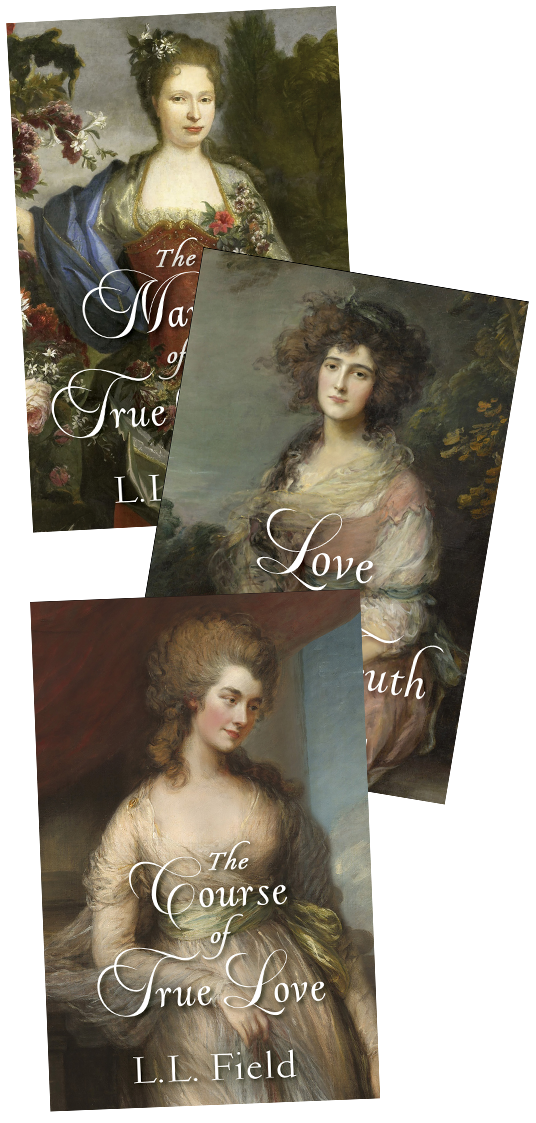Lord, what fools these mortals be
To be (or not to be) a true Anglophile, you have to read Shakespeare—he’s part of the soul of the English people. As the author Robert McCrum notes in his recent book, Shakespearean, On Life and Language in Times of Disruption, Shakespeare’s words are the key to our shared humanity. And, what I found most interesting, thanks to McCrum, is how Shakespeare’s use of the common vernacular—“the mother tongue in the street”—still lives on in our own clichés: it’s Greek to me; vanished into thin air; tongue-tied; knitted brow; fair play; stood on ceremony; cold comfort; too much of a good thing…the list goes on and on.
I was drawn to the famous Sonnet 116: Let me not to the marriage of true minds/Admit impediments…I knew the title of my first book before I began writing it. Love is almost always fraught and bounded by Society’s rules. Couples may be too young, too divided by class, or even too old and burdened by the past—exactly the problems faced by the main characters in The Marriage of True Minds. But as the sonnet proclaims: Love is not love/Which alters when it alteration finds/…O, no…And so the title of the book foretells of love that withstands the pressures against it. And, in all good romances, prevails.
In Love Is All Truth, Geoffrey and Anne face one of the most difficult times of their marriage with the death of a daughter. How does love conquer grief? In Venus and Adonis, the answer is, in part, Love comforeth like sunshine after rain…” Just as Anne encouraged Geoffrey to return to their marriage bed in the first book, Geoffrey reminds Anne that love must bind them to heal their grief—they cannot do it alone. And so we follow their gradual path back to wholeness through Love Is All Truth.
And just as in death there is life, Edward and Sarah produce an heir when all hope is gone…Love’s gentle spring doth always fresh remain…
And yet, Venus and Adonis also speaks of lust. How do we know it’s love or lust? Anne’s brother John—artless and innocent—falls in love and out of love easily it seems. But the reader finds him more open and honest in his path to love. In Love Is All Truth, he acknowledges who he really is. Does he love the gentleman’s daughter or the yeoman’s? And will his true love decide to give up everything she has known to be with him? Sometimes it takes a shipwreck to understand your true feelings.
The third book is lighter—many threads of the first two books come together. As you might expect from the title—The Course of True Love from A Midsummer Night’s Dream—is both playful and serious. Lady Joanna is courted, not just by Captain Hardwick, but by the son of a duke. Will her father countenance her love or will she be like Hermia, forced to marry someone she does not love? Will Kitty and John repair their rift over his brother’s unsuitable marriage?
Lord and Lady Wortham are always and ever present to add wisdom and counsel to the family—somewhat lost in the woods. Lord, what fools these mortals be! But a bit of magic does restore all—with a happy ending, of course.
